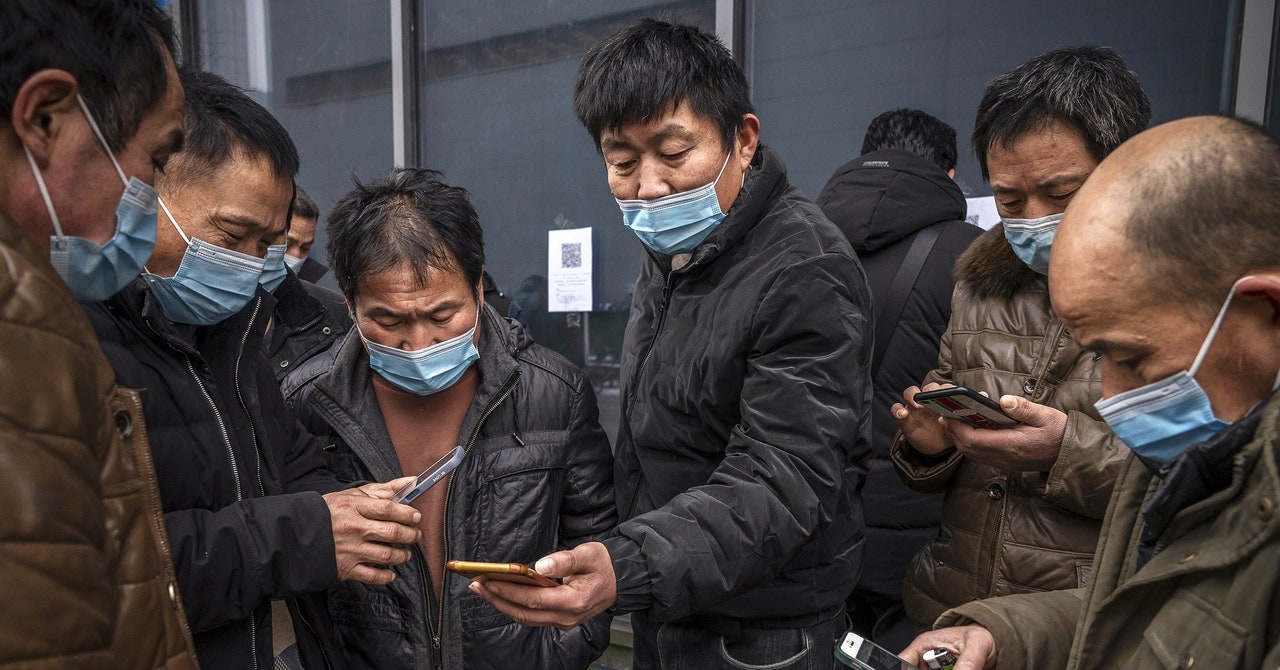Wen Li, a The Shanghai hospitality marketer first suspected an algorithm was messing with her when she and a friend used the same ride-hailing app one night.
We’re friend, who ordered rides in luxury cars less often, saw a lower price for the same ride. Wen blamed the company’s algorithms and said they wanted to squeeze more money out of her.
Chinese taxi companies say prices vary due to traffic fluctuations. But some research and news reports claim that the apps can offer different prices based on factors such as the ride history and the phone a person is using. “I mean, come on — just admit you’re an internet business and this is what you do to make extra profit,” Wen says.
On March 1, China will ban this kind of algorithmic discrimination as part of what may be the world’s most ambitious effort to regulate artificial intelligence. The rules prohibit companies from using personal information to offer users different prices for a product or service.
The sweeping rules cover algorithms that set prices, manage search results, recommend videos, and filter content. They will set new barriers for major ride-hailing, e-commerce, streaming and social media companies.
The regulations will lead to an extraordinary crackdown on China’s most popular and most valuable tech companies, including hefty fines and sidetracked stock offerings. “There have been unhealthy and disorderly signals and trends in the rapid development of our country’s digital economy,” President Xi Jinping said in a speech in October, according to a translation by the Pekingnology newsletter.
Policymakers elsewhere are taking note. “I was in a meeting with the Dutch Ministry of Foreign Affairs this morning and was asked if China is doing things that we are not doing,” said Rogier Creemers, an expert on Chinese law and governance at Leiden University in the Netherlands. “They go extremely fast.”
The regulations, known as the Internet Information Service Algorithmic Recommendation Management Provisions, were created by the Cyberspace Administration of China, a powerful body that enforces cybersecurity, internet censorship and e-commerce regulations. Among other things, they prohibit fake accounts, manipulating visitor numbers and promoting addictive content. They also provide protection for delivery drivers, drivers and other gig workers.
Some provisions are intended to handle complaints about online services. For example, the rules prohibit companies from using personal characteristics to offer users different prices for a product; they will also be required to notify users and allow them to opt out when algorithms are used to make recommendations.
Companies that break the rules could face fines, be banned from enrolling new users, had their business licenses revoked, or had their websites or apps shut down.
Some elements of the new regulations may be difficult or impossible to enforce. It can be technically challenging to control the behavior of an algorithm that is constantly changing due to, for example, new input.
But the Chinese public seems largely in favor of measures aimed at curtailing the power of the major technology platforms, whose services they use on a daily basis. Lillian Li, founder of Chinese tech publication Chinese Characteristics, likens public sentiment about the tech companies to Westerners’ ambivalence toward Facebook or Google, which offer great convenience at the expense of a user’s personal data.

